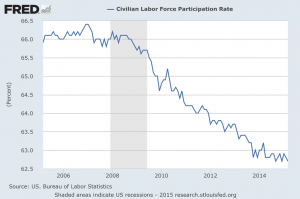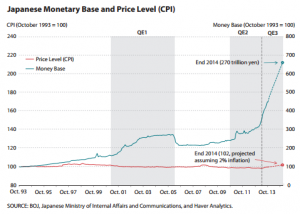One of the more useful neoliberal writers I’ve been reading recently is Kishore Mahbubani. A point he made about US and European foreign interests really came home to me recently, seeing news of a refugee crisis at the Belarus/Poland border, where Belarus has deliberately released migrants in retaliation for EU sanctions and, this
Talking to Afghan refugees arriving in Portugal this week, the stories are atrocious and not primarily about the Taliban. Hunger is spreading fast in a country devastated by 40 years of war. Children being taken dead to hospitals in greater and greater numbers…
— Bruno Maçães (@MacaesBruno) November 9, 2021
Readers may remember that Turkey, during the last refugee crisis (still ongoing, but much reduced) used holding and releasing refugees as part of its negotiation with the EU, similar but not identical to what Belarus is doing. Those refugees, of course, came from countries like Libya and Syria which the EU had helped devastate, as well as other countries in the Middle East and Africa which could not give their residents decent lives. So the people fled to Europe.
Which brings us back to Kishore’s points. The US has no significant interests in most of Africa and none in the Middle East now that it is a net producer of oil. It should disengage from places it has no significant interests in (this includes Afghanistan.)
The EU, on the other hand, shuddered under the relatively mild recent refugee crisis. It is where refugees will go when their countries blow up, especially countries nearby, because it offers the best quality of life in Eurasia.
This means it is not in the interest of the EU to destabilize countries, to sanction them or to even to see them stagnate or fail economically. If they do, Europe is who gets the refugees, and Europe cannot handle refugees, politically or economically. (Arguably Europe might figure out how to economically, but Europe is wedded to doctrinaire technocratic neoliberalism and incapable of meaningful policy outside that framework.)
This is why the EU screamed so loudly when the US unilaterally left Afghanistan: they knew they would get the refugees.
The EU is the world’s second or third largest economy, depending on how you measure it. They could have provided sufficient aid to Afghanistan to reduce the refugee flow. They didn’t. They couldn’t continue occupying Afghanistan themselves, because their militaries are set up as auxiliaries for US troops: they aren’t capable of long term, long distance, large scale operations though France manages some in its old African possessions.
After World War II Western Europe was a US satrapy, and Eastern Europe belonged to the USSR. This was simply a fact: huge numbers of US and Russian troops were stationed in Europe.
The Europeans have never recovered from this: they still act as if the US rules them; they act as if satrapies, expecting the US to take the lead.
But the US does not have the same interests as Europe any more. Not only is Europe far more subject to refugee issues, as already noted, but it’s far more integrated into the Eurasian (and Chinese) economy, and its future is within that economy, not with the US.
So Europe needs to get off its knees, and stop pretending it isn’t a great power. It needs to stop damaging countries that will send refugees to it; it needs to support countries so that they don’t shed refugees, including helping them develop; and it needs to build a reasonable military, capable of operating where it has interests and certainly big enough to credibly deter Russia without American help. (That the EU is scared of Russia, a country with a much smaller population and economy, is ludicrous and pathetic.)
It may be that for its own reasons (its commitment to technocratic rules) the EU will come to oppose the rise of China, or it may be that the EU will decide to cooperate with China in developing countries whose undevelopment is a threat to the EU, but whatever Europe decides should be based on a clear-eyed look at its own interests.
If Europe continues acting weak, putting its defense off on the US (which no longer has the same interests) and refuses to look after its unique interests, there’s a good chance the EU will eventually collapse or be reduced back to its western core (German, France, hangers on). It already lost the UK, the eastern provinces are restive, and its prestige is weak compared to 20 years ago.
It’s time for the EU to either decide to be a great power, or to simply buckle under to whoever offers the best combination of threats and blandishments: the US or China.
(My writing helps pay my rent and buys me food. So please consider subscribing or donating if you like my writing.)


